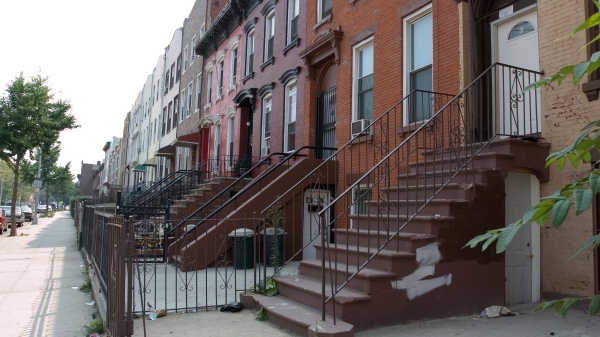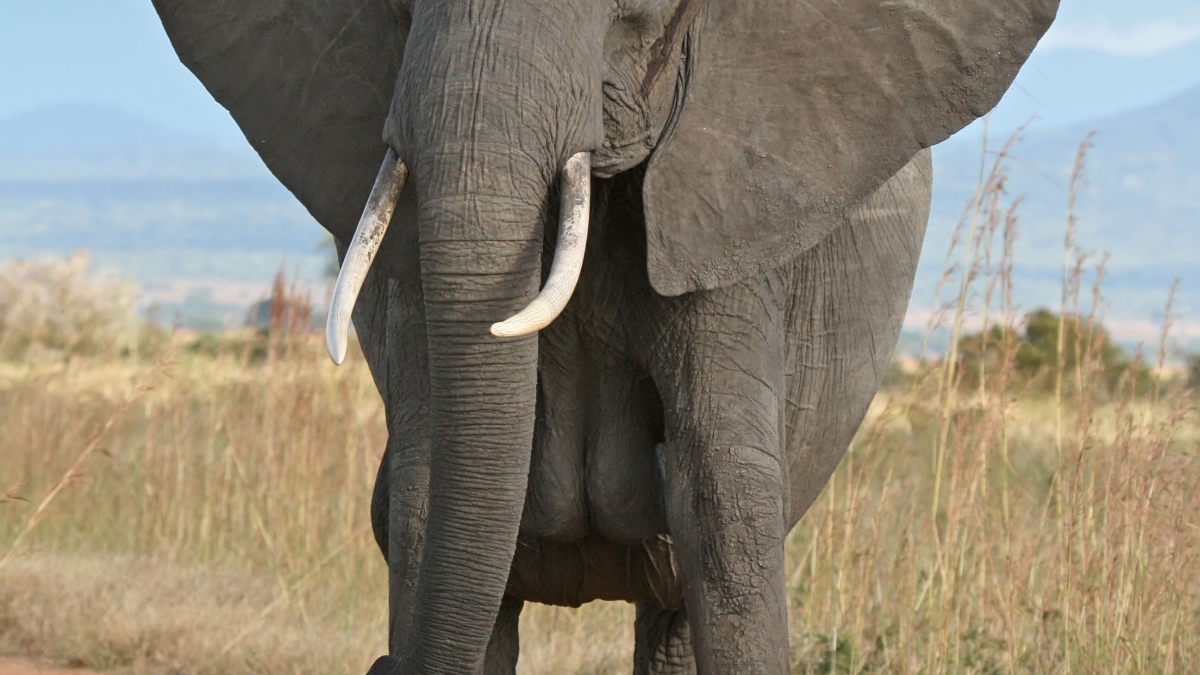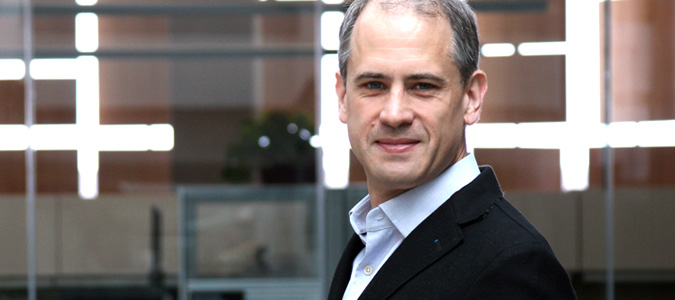Carlo Maley spends his time pondering pachyderms — and cactuses and whales, and a wide array of non-human species — all in pursuit of the answer to this question: Why do some life forms get cancer while others do not?
The question of why big animals don't get more cancer than small ones is a long-standing mystery, one that scientists call “Peto’s Paradox.” Logic would seem to say that the more cells you have, the more likely there’s a cell that will mutate and produce a tumor. But with animals, that just doesn’t hold.
Today, all eyes are on the elephant — a mammal that has 100 times more cells than humans but a far lower incidence rate of cancer. Newsweek’s Why Elephants Don't Get Cancer — And What That Means for Humans reports that “elephants are the picture of cancer resistance.”
Carlo Maley, evolutionary biologist at Arizona State University.
Maley, an evolutionary biologist at Arizona State University, discovered that African elephants have multiple copies of p53, a gene that appears to be involved in tumor suppression. Almost all other species — including humans — have only one.
At a conference on evolutionary medicine and comparative oncology, Maley shared his findings with University of Utah researcher Joshua Schiffman. Schiffman has been in hot pursuit of answers for cancer due to his personal experience with cancer, concern about a high incidence of cancer among the Mormon population in his area and the loss of a beloved dog. It was at the Hogle Zoo in Salt Lake City that Maley, Schiffman and their colleagues began analyzing elephant blood samples.
This week, Maley’s work also appears in the New York Times, Discover, Time and Nature. In addition, Maley’s research paper was published Thursday in the Journal of the American Medical Association.
Scientists have long been looking to animals for answers to cancer; first, studying why some breeds of dogs exhibited a high level of cancer, while in others, it was a rare occurrence. Next on Maley’s research docket is a study of boxers, a canine that has a 25 percent occurrence of glioblastoma, a type of brain cancer.
At the Biodesign Institute at Arizona State University, Maley is not only a multi-specialty scientist — with degrees in computational biology, zoology and psychology — but he works with hundreds of other researchers at ASU who share the fundamental belief that nature’s processes hold the key to many of life’s most vexing questions.
As an evolutionary biologist, Maley takes a slightly different perspective. Instead of asking why people get sick, he is more concerned with how they get sick. He looks across all life forms — and sometimes back into our genetic history — to solve tough problems. His primary tools are cross-species gene analysis and mathematical modeling, as well as wet lab techniques.
Maley came to ASU this year from the University of California in San Francisco to pursue his work. He runs the Biodesign Cancer and Evolution Laboratory and is an associate professor in the School of Life Sciences. In all his work, his goal is to develop better methods to prevent cancer and improve cancer management.
Written by Dianne Price
More Science and technology

Why your living environment defines how people perceive you
Stereotypes are pervasive.We've all heard of stereotypes based on gender, race, age or religion. But what about making an assumption about someone's personality based on their ecology?According to a…
2 ASU faculty elected as fellows to National Academy of Inventors
Arizona State University faculty members Bertram Jacobs and Klaus Lackner have been elected as fellows to the National Academy of Inventors (NAI). Both are being honored for research that…

Harvesting satellite insights for Maui County farmers
Food sovereignty can refer to having access to culturally significant foods, but Noa Kekuewa Lincoln believes it goes farther than that.“I think the concept goes beyond the foods themselves to having…



